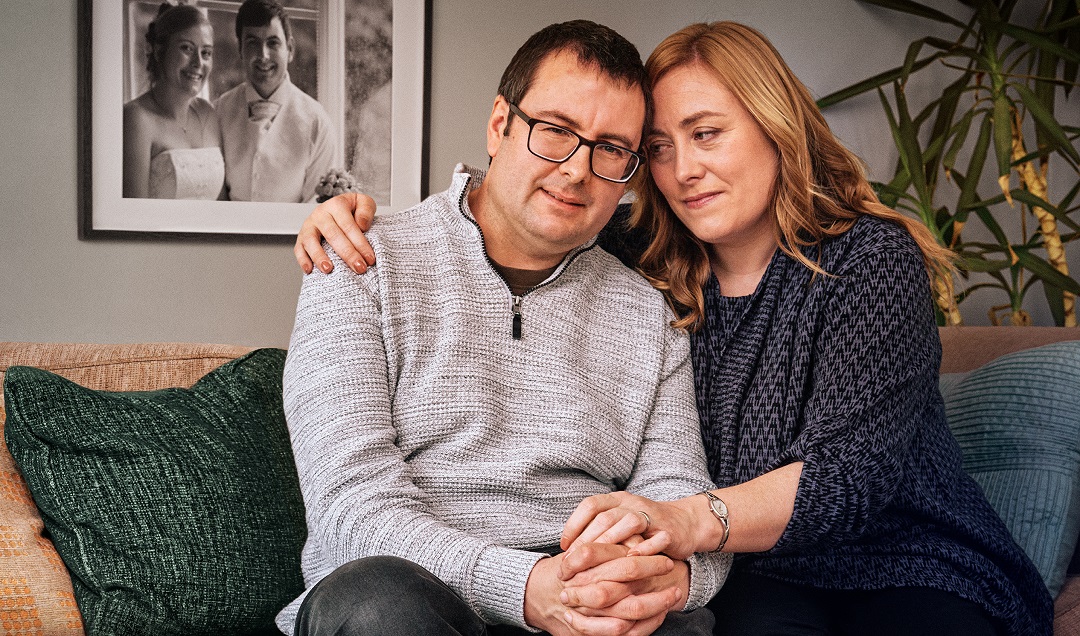Newly diagnosed with dementia

Common questions after dementia diagnosis
After a dementia diagnosis
There’s a lot for you to process with a recent dementia diagnosis. We can help you adjust at this difficult time and work out what to do next.
Adjusting to life with dementia
When you’re diagnosed with dementia, there are lots of things you can do that will help you to live as well as possible. It’s important to focus on the things you can still do, and think about where you may need extra support.
The dementia guide: Living well after your diagnosis
If you or someone you know has recently been diagnosed with dementia, our comprehensive guide provides information on all aspects of living with dementia.














Being diagnosed with dementia doesn't necessarily mean you have to stop driving. But there are some things you need to do to if you want to continue driving and be safe on the road.
How to keep driving with dementia
No matter what kind of dementia you have, Alzheimer's Society has a range of support services to suit you. Whether it's over the phone, face to face, or through community groups, we're here for you.
Dementia support services
If you or someone you know has dementia, you may be eligible for some benefits. Financial support could be available if dementia affects your ability to work, or if you have extra costs because of it.
Benefits for people affected by dementia
Many people living with dementia continue working after their diagnosis. If you want to stay in work, there are some things you need to know about your rights, and telling your employer about your diagnosis.
Working with dementia
There is no cure for dementia yet. Dementia is progressive, which means symptoms will get worse over time.
But dementia affects everyone differently. With the right support and treatment, a person with dementia can live well for as long as possible.
Alzheimer's Society has funded dementia research for over 30 years and has played a key role in some of the biggest breakthroughs.
We want to see improvements for people living with dementia now — whether it's through a quicker more accurate diagnosis, improvement in care and support or in the development of new treatments.
Learn more about our research